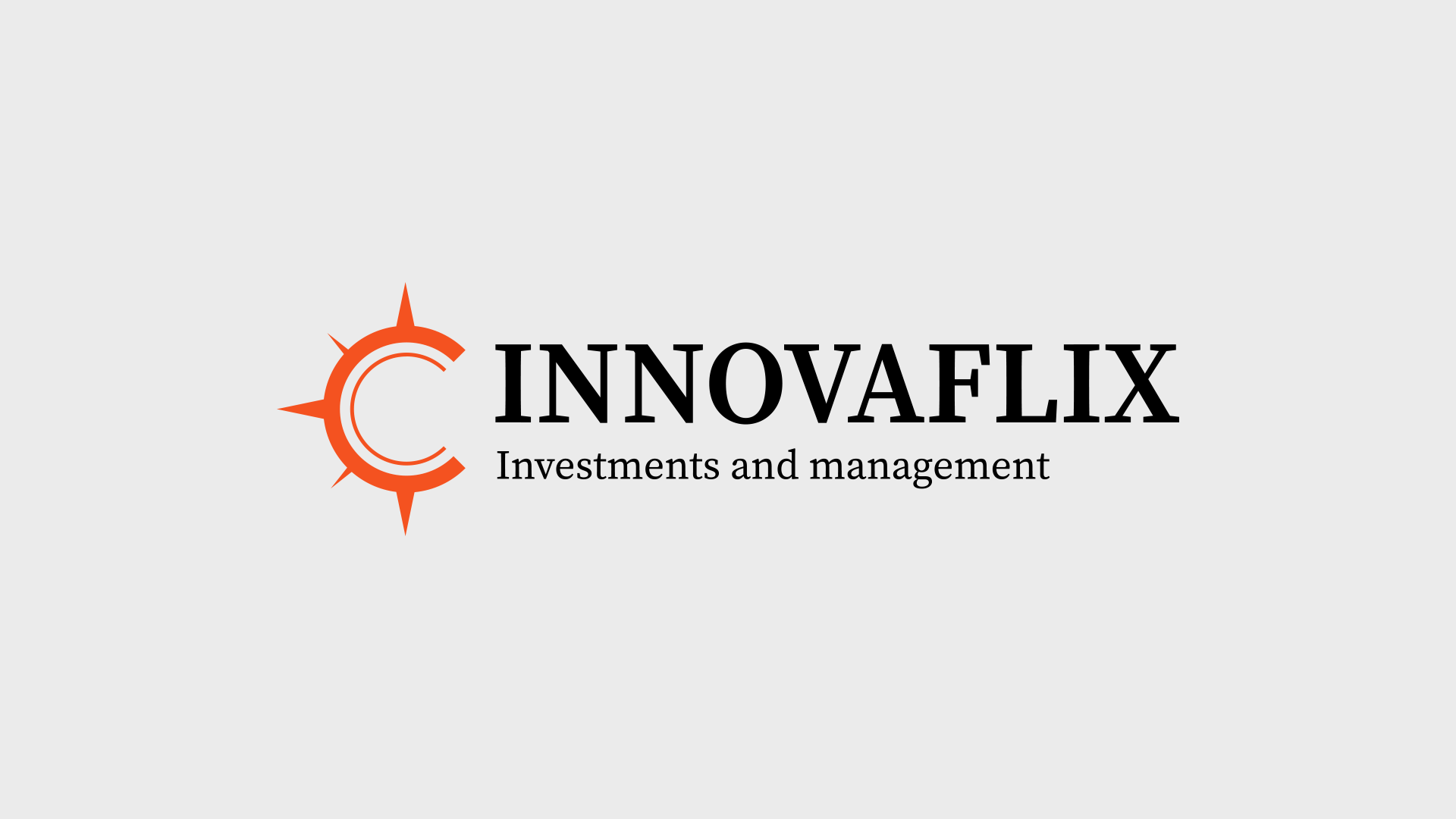Over the past 10 years Portugal has moved from the lower end of most European entrepreneurship rankings to being near the top.
The European Central Bank now ranks Portugal as the second best country in Europe for business innovation. As Brad Smith, President of Microsoft, recently said “It is remarkable to see how much in Portugal has changed, how vibrant the technology sector has become in Portugal”.
And these changes have borne tangible fruit. Portugal has created seven unicorns (start-ups valued at over $1bn): Outsystems, Farfetch, Talkdesk, Feedzai, Remote, Sword Health and Anchorage Digital. This compares to Spain with four unicorns and Italy with only two unicorns. In fact, Portugal is amongst the 5 best unicorn creating countries in the world as measured by unicorns per capita or per GDP.
How has this happened so quickly in a country that most still associate with beaches and holidays, not with technology and innovation?
The answer is simple: People and ease of doing business.
With entrepreneurship the three most important factors are “People, People, People”. Portugal has done a fantastic job of building skills inhouse and also of attracting talent from around the world. As Brad Smith notes ““Portugal has great home-grown talent in terms of people who were born here and is a welcoming home for talent from the rest of Europe and even beyond”.
The high standard and low cost of living have attracted skilled people from all over the world whilst the excellent educational system (particularly in engineering) has resulted in an abundance of talent. As a result, the OECD (Organisation for Economic Co-operation and Development) states that Portugal has the 2nd highest rate of engineering graduates in Europe and is 12th in the world for finding new skilled employees.
This has combined with the ease and low cost of running a business to attract international corporates. According to the OECD, Portugal is now the cheapest country in Europe in which to run a business. Siemens, Volkswagen, IKEA, Nestle, Microsoft, Unilever and Danone all rate their Portuguese subsidiaries as their most effective globally. And these companies have all helped to develop a large base of qualified and experienced employees with the skills and experience to build their own businesses.
Meanwhile, these same advantages have attracted entrepreneurs from around Europe and supported locally grown entrepreneurs, whilst the Portuguese government has created a strong support system to help them flourish. The government has provided tax incentives, an accommodating visa program and free educational programs for technology workers. The Lisbon Web Summit is the largest web summit in the world and ensures an annual inflow of top software developers and entrepreneurs and businesses, which creates an extremely vibrant and dynamic environment fertilized by global thought leaders. And Portugal has some of the best business accelerators and incubators in the world. IPN in Coimbra for example, was ranked amongst the top 5 globally in 2021.
The one factor missing in all of this has been access to capital. For many years Portugal Ventures was the only Portuguese Venture Capital firm investing in technology based companies. However, the successes of Portugal Ventures have encouraged a boom in similar VC funds over the past few years and there are now over 50 funds registered. Portugal Ventures is still the largest and the only one with a track record of more than a few years, but there are now 11 others with over 100m€ of assets. With this recent influx of new capital the boom is set to continue.
Gavin Goldblatt
Chief Executive Officer at Kigeni Holdings Limite
Source: https://www.theportugalnews.com/news/2022-04-26/portugals-race-to-the-top-of-the-european-entrepreneurship-rankings/66632


